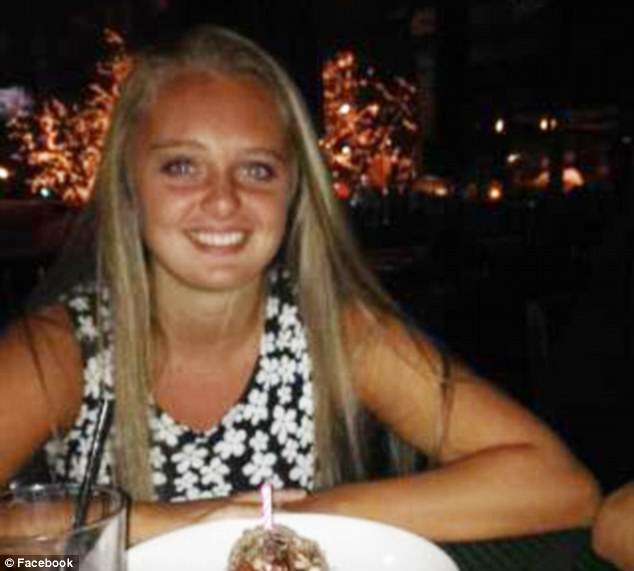Teen on Trial for Urging Suicidal Boyfriend to Kill Himself
Prosecutors say Michelle Carter "wantonly and recklessly" caused her boyfriend's death.

Massachusetts high-school student Michele Carter, now 18, is currently on trial for involuntary manslaughter after urging her suicidal boyfriend, Conrad Roy III, to go through with plans to kill himself last year. Prosecutors say Carter "wantonly and recklessly" caused Roy's death. Carter's lawyer argues that Roy, who had a history of depression and had attempted suicide once before, decided on his own accord to kill himself and Carter's support for his decision amounts to protected First Amendment speech.
On the day Roy committed suicide via carbon monoxide poisoning outside a Fairhaven, Kansas, Kmart, Carter allegedly texted him: "You can't think about it. You just have to do it. You said you were gonna do it. Like I don't get why you aren't." Another text said: "You can't keep living this way. You just need to do it like you did the last time and not think about it and just do it, babe."
In Kansas, involuntary manslaughter is defined as "the unintentional killing of a human being committed either a) recklessly, b) in the commission of a separate felony or c) during the commission of a lawful act in an unlawful manner."
Previously, Carter had urged Roy to seek psychiatric treatment for his depression, including once just a few days before his suicide. It seems highly plausible she wasn't trying to encourage Roy's demise out of ill will but acting in what she thought was his best interest. Do we really want to charge teens as killers for reacting imperfectly to loved ones' pain and mental illness?
"It would be a dangerous precedent that speech can cause another person's death by suicide," said Carter's lawyer.
Roy "got the generator, he devised the plan and he had to go find a spot. He parked, he had to get the gas for the generator, he had to turn the generator on, he had to sit in that car for a long period of time. He caused his own death," he said "It's sad, but it's not manslaughter."
Daniel Medwed, a Northeastern University law professor, told the Associated Press that causation was the heart of the issue. "Can the prosecution prove that she caused him to kill himself in this way? Would he have done it anyway?"
